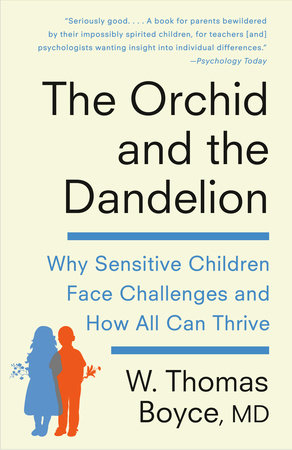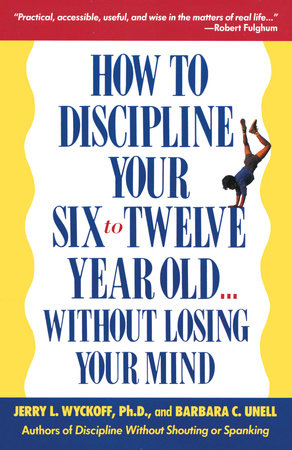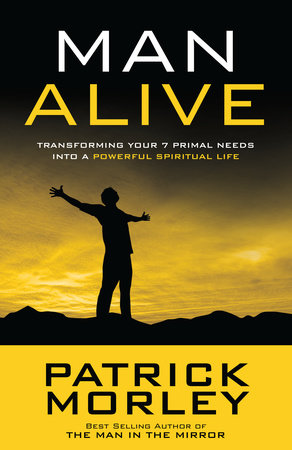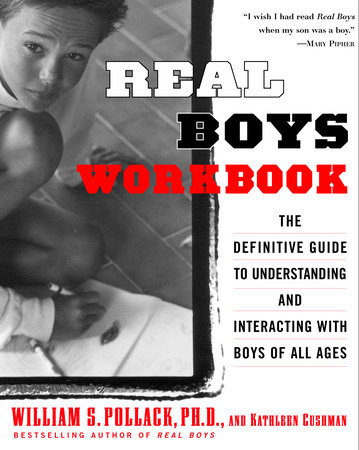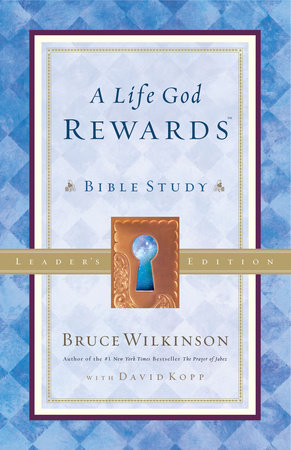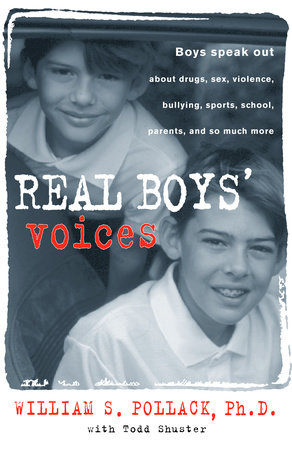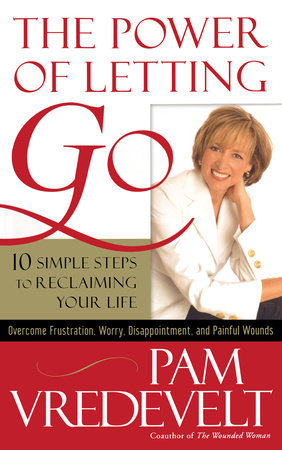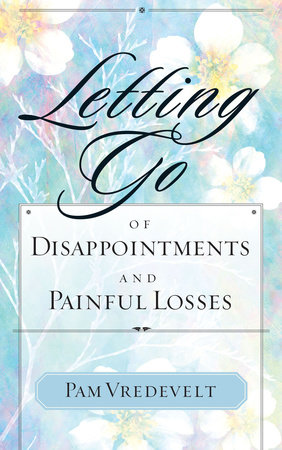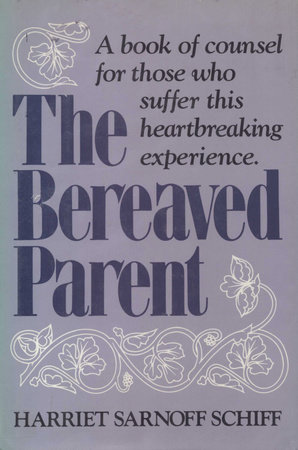A Conversation with Diane and John Rehm, authors of Toward Commitment
Q: What above all else has kept you together over forty-two years of marriage?
Diane: First, I knew I was married to an honest, decent, and caring man. I knew John initially as a professional who garnered a great deal of respect from his peers as well as his superiors. Then I came to know him as a man of great passion, who cared deeply about me and eventually his children. Leaving him would have meant giving up a powerful dream, that of a family remaining together and supporting one another, forever. I kept seeing an image of John walking our daughter down the aisle on her wedding day, and then sitting down next to me. I was determined that we would be together for that. In addition, I’d been married once before and I didn’t want to go through a second divorce. It would’ve felt like abject failure.
John: I honestly cannot identify a single most important factor. But I would certainly name at least three. These are pride, stubbornness, and sexual attraction. During the rough times, these provided a dogged love, which became a romantic love in good times.
Q: Was it difficult to share intimate information with the public? Why did you choose to write such a personal book?
D: Because it seemed so necessary! I’ve never read a book in which a couple discussed the reality of their relationship with each other. Most books on marriage are written by professionals, who’ve approached their subject from a distance, not from reality within. If we had not had years of therapy, we’d never have been able to do this. But from the start, I think we both felt committed to writing an honest and personal book. And frankly, it’s been a wonderful adventure.
J: We saw daily evidence of people in a variety of relationships who were struggling with the issue of commitment. But we saw no other couple writing a book addressing the issue from within the relationship. We thought we could help fill this need and, at the same time, shed a useful light on our own relationship.
Q: In a section of the book on "The Third Person," you both discuss close calls with infidelity. Why were you able to resist the temptation to stray?
D: Temptation is certainly the right word. I just couldn’t bring myself to break those marriage vows, even though I was sorely tempted. I was lonely, I was hurt, and I felt sorry for myself. But the reality of the consequences — even if they were just in my own mind — felt like too much of a burden to bear. I’ll always be grateful that the word means so much to me, since it’s part of The Lord’s Prayer.
J: I was sickened by the idea of continuing to live with Diane while, at the same time, committing adultery. I was horrified at the thought of such hypocrisy. To live with that reality for the rest of my life was more than I could bear.
Q: What was the lowest point of your marriage? Did you consider divorce?
D: There were several low points for me, certainly one of them being when I discovered the reality of "the third person." But there also came a time when I got so fed up that I thought, the heck with it, I’m out of here. I remember John was off on a trip, a trip he almost didn’t take because he sensed how distant I was. And each time he called, he said he loved me, and I deliberately didn’t respond. When he returned, I was ready to say it was over, and that I was going to get a divorce. But before I could do that, he wrote me a letter, telling me how afraid he’d been the entire time he was gone that I wouldn’t be here when he returned. John vowed to change, to become a more engaged partner, and to find a fresh way to be in the marriage. It was a new starting point.
J: For my part, it was during the time when I was drawn to the other woman. My loyalty to Diane was in serious doubt. I did consider divorce but never took concrete steps. It was more a pipe dream.
Q: How do you know when it’s time to give up on a marriage?
D: I can only speak for myself, but, if there had been physical abuse of me and the children, I would not have hesitated to leave. If there had been serious moral or ethical failings, such as repeated lying, stealing, or cheating, I would have been gone. I think if two people have literally nothing to give each other for months or years at a time, if they loathe the sight of one another and have no feelings of kindness or caring for each other, then it may be time to give up. But time can work strange wonders, and it’s best to test those feelings over an extended period of time.
J: When being with the other and sharing each day’s realities are, on balance, negative rather than affirmative experiences. If it ceases to be fun to be with the other person, a review of the relationship is in order. This may or may not call for a change in the relationship.
Q: You are both very different people — even down to the foods you eat and your sleeping habits. Is basic compatibility, like deciding what you’ll make for dinner each night or the best way to spend your time off, not necessary for a successful marriage?
D: Probably not, as long as there is respect and appreciation for the differences! I know John takes great pleasure watching me devour an occasional fried chicken dinner, even though he wouldn’t dream of eating it himself. We even laugh about my passion for certain junk foods! I admire the fact that he’s so careful about the foods he eats. And the fact that we can each have a good night’s sleep is a great way to feel happy and cheerful toward each other when we’re awake! Compatibility is as much in the mind as anywhere else.
J: Compatibility can, I think, embrace significant differences of tastes, interests, and even behavior, so long as there are mutual loyalty and respect. With such a base, a relationship can actually thrive on differences, but they must be consistent with certain core values, like honesty and compassion.
Q: To be frank, marriage sounds like a lot of work. If you’re working that hard, maybe the marriage isn’t working.
D: Maybe, but I believe every relationship takes hard work, on the part of both people. Very few marriages I’ve seen are made in Heaven. And no one is a perfect partner. There are always stresses. Perhaps ours seem extreme, but from the relationships I’ve come to know, and the reality of today’s divorce rate, I would say that too many people don’t want to work at all, because they think it should be easy! They see the glossy magazines and the happy faces and get drawn into the fantasy. Living with another human being, day after day and year after year, should not be thought of as easy. But I also want to say that commitment isn’t for everybody! If it doesn’t fit your image of yourself, then maybe you’re better off living on your own. Nothing wrong with that!
J: When I say work, I don’t mean a grim labor. That would not be enough to sustain any kind of a rewarding relationship. What I do mean is a constant attention to one’s partner and sensitivity to the relationship. Both are changing and cannot and should not be taken for granted.
Q: What is the role of anger in marriage?
D: Anger plays an important role in marriage, one that can help clarify issues or, if unresolved, a negative force that drives people apart. In our own relationship, I’ve expressed my anger in both ways, too often without clear focus. Many arguments evolved into a combination of old and new resentments, rather than a straightforward expression of feelings on a specific issue. I struggled to get John’s attention, and used anger so frequently that eventually it became unproductive. It took many years to express myself in new ways, and even now, I have to check myself when those feelings arise.
J: For some years, I did not understand that anger can both harm and help a marriage. If used as a weapon, it can entrench hostility and thereby weaken the relationship. If used as a tool, it can promote greater understanding between the spouses. More recently, I have learned that I can express my own anger without doing irrevocable harm to the marriage. Moreover, I can even hear Diane’s anger and distinguish the message from the noise.
Q: The section on in-laws will sound very familiar to many couples. What advice can you give to someone who is not on good terms with his or her mother-or father-in-law?
D: Hope and pray that your spouse will navigate the rough waters with you. If there is a feeling that your spouse is on your side, and that you’re not fighting both the in-law AND the spouse, half the battle is won. If you’re struggling on two fronts, then you’ve got to try to do the best you can, compromising where necessary and holding your ground where possible. Try not to drag your kids into the battle if you can help it. Get some professional help, if the problem really begins to get in the way of the relationship between you and your spouse.
J: Silence, which is the strategy I used, does not work. In fact, I think it is counterproductive, since it allows those involved to become even more estranged. Although difficult, I would advocate therapy sessions, in which the sharing of hard feelings could hopefully point to some kind of reconciliation.
Q: How did having children change your relationship? What advice would you give to couples who are struggling to balance family and work?
D: Having children changed our relationship drastically. Not only was there a wonderful new human being in the house, but also our attention became drawn to that baby and away from each other. To a certain extent, that is the way it has to be. But the romance can quickly leave a relationship when there is so much effort being expended on taking care of a child. As for new mothers in the present era, here I can look to our children as wonderful examples. David and his wife, Nancy, and Jennie and her husband, Russell, are all very busy professionals. Their work is extraordinarily demanding. Yet with careful planning and a willingness to share the workload, they seem to find some balance between personal and professional. There are no gender distinctions in the division of labor. David cooks and shares in the household chores with his family. Russell changes diapers, cleans house, and washes dishes. When either is sick or exhausted, the other takes up the slack. It was all very different in our day, when primarily the men were bringing in the income that paid the mortgage and put the food on the table. My view of my role was that of traditional housewife, who took care of the home front, including children. But you know, each couple has to work it out. I think the newer approach is far more sane, and a far better example to set for the children.
J: Having children deepened my stake in, and commitment to, the family. It was certainly a major factor that strengthened my resolve not to leave the marriage. My advice would be, if at all possible, to work out with one’s employer a flexible and personalized schedule that would allow more time with the children, both at home and at the office. This is something that Jennie and Russell, in particular, have been able to achieve.
Q: As more women reach the top levels of their professions, couples will increasingly face what you two have — a wife whose job makes her the "star" of the couple. How did you deal with this issue, and what advice can you offer to others?
D: I’ve never felt like a "star," and I hope I don’t behave like one. A great deal of my success has come because I married a man who believed in me, and encouraged me, despite the rough times we have had along the way. I would encourage the individual in the so-called "star" position to be as sensitive and caring as possible, to try to insure that the partner is included in as much of the activity as is feasible.
J: To her credit, Diane has not used her "star" status to make me feel inferior or inadequate. Insofar as I suffered from such feelings, I came to realize it was my own doing and that my self-esteem did not have to be endangered by Diane’s success. My advice would be for the star to affirm the value and importance of the other as much as possible — both privately and publicly.
Q: Therapy — both individual and marital — has played a large role in your relationship. John — how did you get over your aversion to therapy and what advice would you give to a woman whose husband refuses to go, as many do?
J: I had grave reservations about therapy, and it took two steps to get over them. First, I was both jealous of Diane’s success in therapy, and also curious about the process. These got me in the door, but I was still dubious. Second, over time I came to value therapy because it afforded a sympathetic climate in which to come to terms with my demons. My advice to the woman would be to understand that the very idea of therapy poses a serious threat to the husband. He will resist therapy until, by example and not harangue, the woman can demonstrate its potential value.
D: My advice to that woman would be to seek out therapy for herself, even if her husband chooses not to. When one person in a relationship begins to change, the relationship begins to change. Not always for the better, however. Therapy can strengthen the person who seeks it, and, at the same time, weaken the relationship between the couple. It depends on how strong the commitment between the two actually is.
Q: How has your relationship changed now that you are grandparents?
D: It’s a strange and wondrous thing, grandparenting. It’s watching our history being created in the present. I look at Jennie and Russell’s son and I see traces of both John and me. I also watch John as he holds or plays with him, and I think back to our children’s childhood, when we were beginning our life together. It’s a time for thinking of the future, and what it will be for these young people. It’s also a time for sweetness and closeness in our relationship, taking pride in these wonderful young people and watching them change and grow.
J: Grandparenting has created another bond between Diane and me. We are both vitally interested in our grandson’s activities. Together, by telephone calls and personal visits, we keep with their dramatic growth in body, mind, and spirit.
Q: When writing the book, which was the most difficult topic for each of you to talk about?
D: There’s no question that, for me, it was the chapter on in-laws. I think it has taken a long time for John to understand how tough the relationship with his mother was for me. Even after her death I continued to feel resentment that John didn’t do enough to stand up to her. Now, having really shared the extent of my anger and sadness with him, I can at last put it behind me.
J: In my case, it also was the chapter on in-laws. This chapter forced me to fully understand the pain that my mother inflicted upon Diane, and Jennie as well. At the same time, I had to acknowledge my failure in not trying to bring about some rapport between Diane and my mother. Without defense for my behavior, I could only ask for Diane’s forgiveness.
Q: Were you both completely honest in your conversations?
D: Perhaps there are always secrets of the heart, as well there should be. I don’t think it’s realistic or even necessary to share every detail of one’s inner thoughts, even with a spouse of forty-two years. Part of who I am is mine alone. A certain mystery about a partner is healthy living.
J: I’m not sure we can ever be completely honest. But I cannot recall any significant piece of information that I consciously withheld for the sake of Diane’s feelings. From the outset, we had a tacit understanding that nether would deliberately try to hurt the other. This allowed us to be frank with — and yet caring for — the other.
Q: What’s the biggest misconception most young people have about marriage?
D: I don’t know whether it’s the biggest, but the notion that "we can avoid all the problems other people have had," seems to loom pretty large. Every relationship is different, of course, but couples tend to have many of the same kinds of problems. Sex and money are two of the biggest, but if two people enter a relationship thinking it will be free of the hurdles others have experienced, they’re in for a jolt.
J: That the many illusions we bring to marriage will correspond with reality. The illusions are based upon a dangerous ignorance of both the self and the other. This is why we urge anyone in or contemplating a long-term relationship to talk through the issues we’ve identified. To dispel the ignorance may be unromantic, but it will enhance the chance of a successful marriage.
Q: What advice would you give someone considering marriage?
D: First and foremost, get some pre-marital counseling, either from a clergy-person or from a professional therapist. Talk with each other about some of the issues we’ve raised, and see where the similarities and differences lie. Then begin to discuss whether there are ways to compromise.
J: I would advise the couple to do their best to talk through the issues we have identified in our book — and perhaps other issues, as well. The couple could do so by themselves or with a facilitator present. But, in order to be useful, the process would need to be structured so as to keep the couple focused and facing into the difficult issues without evasion.
Q: What advice would you give to someone who’s considering divorce?
D: Ann Landers has said many times: "Think about whether your life would be better or worse without this person." I do think that’s good advice. I would also want to add: Consider the children. My belief was, and continues to be, that children will be affected by their parents’ divorce for the rest of their lives. That doesn’t mean that divorce isn’t appropriate and even necessary in some circumstances. But if you have a family, it’s not just your life you have to consider. Get some help for yourself or for the relationship before you seek a lawyer.
J: I would have the couple go through a process similar to that outlined in my answer to the prior question. Whether the issue is marriage or divorce, the same problems need to be confronted if the ultimate decision is to be based on mutual understanding and not misconceptions about the relationship. Such understanding should shed greater light on whether the two people involved should or should not get married or divorced.
Q: The New York Times recently reported that European couples are increasingly skipping marriage and simply having children out of wedlock. Are you hopeful for the future of marriage or do such stories make you wonder if it’s a dying institution?
D: I do agree the stories are startling. The idea of a lifelong commitment to one person seems overwhelming, and I do understand that feeling. Is marriage a dying institution? I don’t think so. As I travel around I see so many young couples, working together and striving to build a future together. It’s an ideal that persists, and however many times people fail in their efforts, we continue to hope that we’ll surmount the odds and get it right.
J: At issue, in my judgment, is the future of the long-term and committed relationship. This relationship can take many forms, and marriage as we know it is only one. Our book is deliberately directed to those in and out of marriage — who are contemplating being together for a number of years. If the institution of marriage were eliminated tomorrow, I think the majority of people would still try to create a rewarding relationship. The book is a modest effort to help others along the way.






